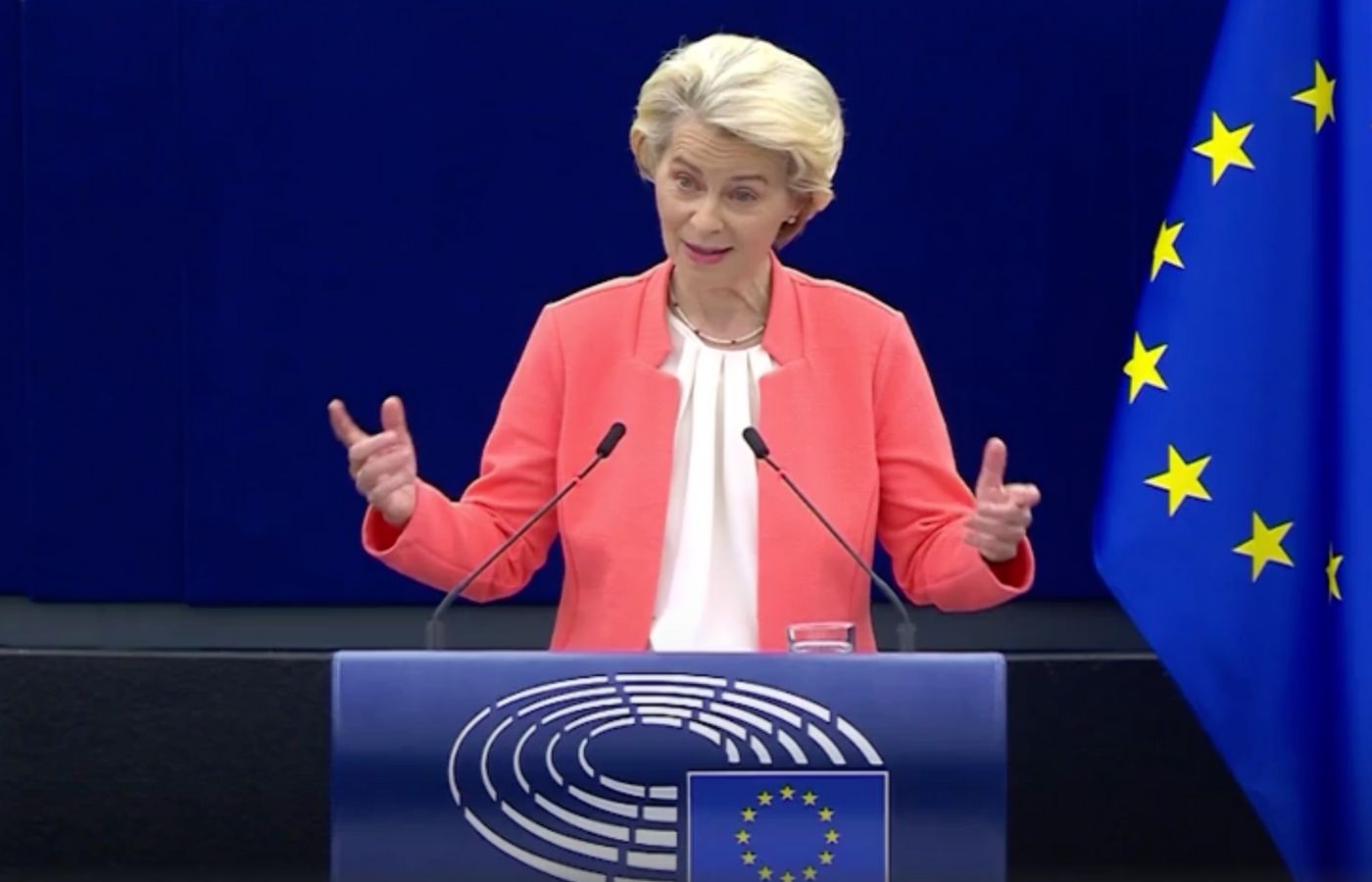
Recalling the importance of “finishing the job” that her Commission was entrusted with, Ursula von der Leyen painted in her 2023 State of the European Union a picture of the EU’s resilience in facing the challenges of the past year. In many aspects, this address echoed last year’s, evoking a Union that prevails and succeeds in its aspirations. Yet, despite many promises kept, some still remain to be delivered – particularly on global health.
Whilst the EU did, to some extent, “[help] vaccinate an entire continent, and a large part of the world”, its leadership ambitions for global health were otherwise absent from the list of priorities. We regret, for instance, that the EU’s new Global Health Strategy was left aside, despite it representing the external dimension of the European Health Union and a unique potential to drive international cooperation. Health fell off the political agenda just as fast as it had appeared, and the consequences are worrying. We are still far from having achieved Sustainable Development Goal 3 – Good health and well-being for all, and three years after global promises triggered by the pandemic, the state of the post-Covid world remains underprepared to face existing and future global health threats.
Overall, much remains to be done. With new Covid-19 variants on the rise and a large part of the world’s health systems weakened by the pandemic, the job is far from being over – and this is not a fight the Commission can win alone. Regarding Team Europe, the President of the Commission stated that “nobody will divide us from the outside”. But, what about divisions on the inside? The failure of the Council to come to an agreement to adopt Council Conclusions on the Global Health Strategy betrays a concerning fracture of priorities and values among Member States. Likewise, very few MEPs raised the issues of global health financing and health equity during the debate following the address – yet it is the Parliament’s duty to hold the EU and its Member States accountable for their lack of action on global health issues.
Consequently, health must be included in the “geopolitical Commission”’s objectives and ambitions for “security and prosperity”. Building back better also means targeting and addressing the needs and concerns from African partners about combating health threats: any new strategic approach in Africa-EU relations must thus prioritize human development, access to health, and develop health autonomy.
Finally, the stretched resources dedicated to global health and human development for the remaining years of the financial cycle cast doubt on the EU’s ability to deliver on its promises, thus damaging its credibility and influence, and ultimately – its position as a global health leader.
With three upcoming United Nations High-Level Meetings dedicated to health, we call on the EU to indeed “get things done” by being “bold and united”, and step up to contribute to eradicating diseases, achieving universal health coverage, and creating a healthier, fairer, and safer world for all.



